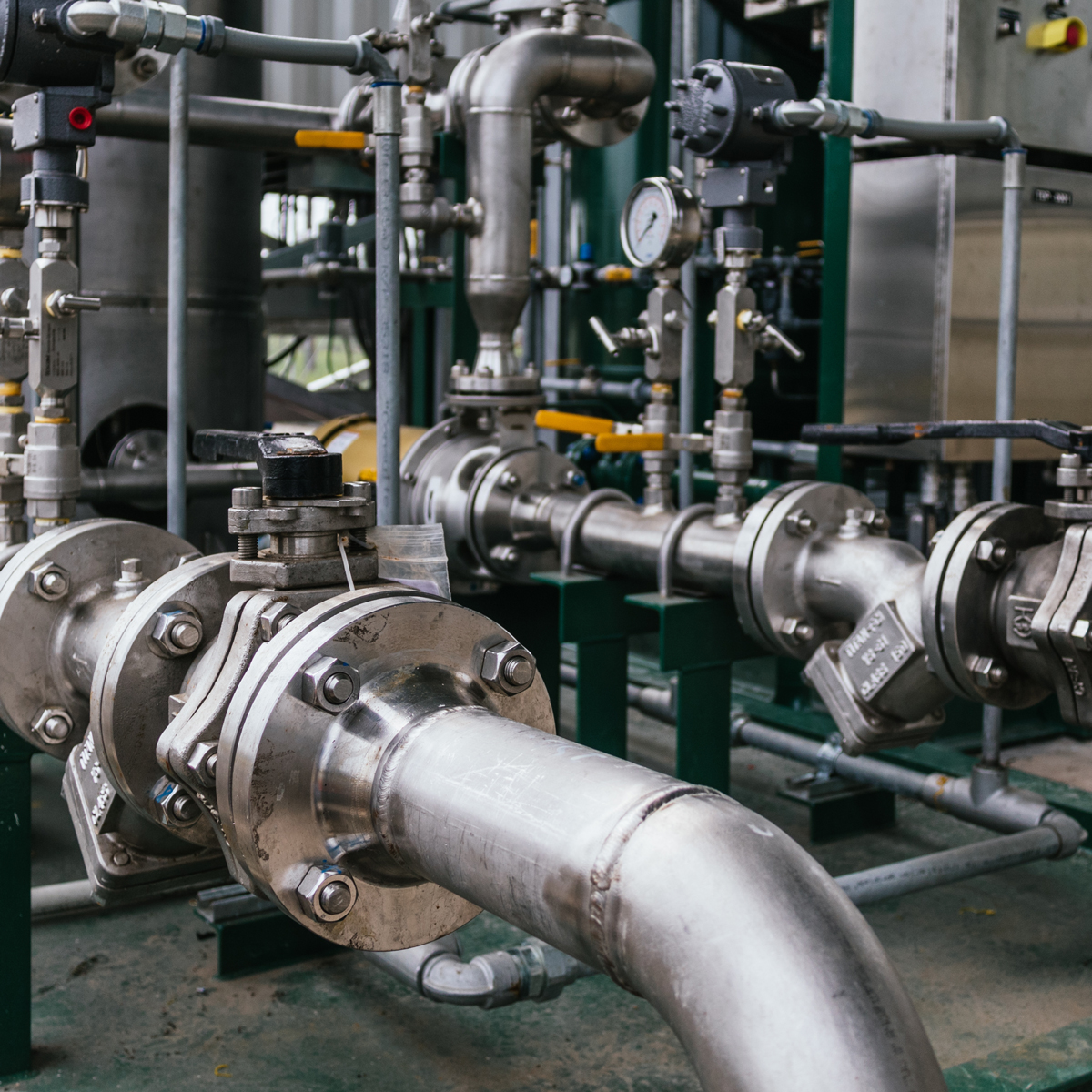
Duration: 0.50 Hrs
Course Level: Intermediate
Languages: English
Capability: Audio, Video, MobileReady, Responsive
In a manufacturing plant, many systems work together to turn raw materials into finished products. Many people in different roles ensure the systems work the way they should. Plant operators are responsible for operating equipment and producing finished products. This course provides an overview of typical operator responsibilities.
Duration: 0.42 Hrs
Course Level: Intermediate
Languages: English
Capability: Audio, Video, MobileReady, Responsive
The primary responsibility of a plant operator is to ensure that a production unit operates safely and efficiently. This course focuses on operator responsibilities related to plant production and safety responsibilities that apply to various operating conditions. Also covered are some safety permits and regulations that operators must know.
At the end of this course, you will be able to:
Duration: 2.00 Hrs
Course Level: Intermediate
Languages: English
Capability: Audio, Video, MobileReady, Responsive
Operators play a vital role in an industrial facility’s safe and efficient operation. Operators must not only make sure that equipment is operating correctly, but they must also be prepared to respond if an emergency arises. In this unit, some typical operator responsibilities are discussed. The course includes trends and how operators can analyze trends to determine the condition of the equipment, operator responsibilities associated with maintaining equipment, and responsibilities that operators may have in emergencies.
At the end of this course, you will be able to:
Duration: 0.37 Hrs
Course Level: Intermediate
Languages: English
Capability: Audio, Video, MobileReady, Responsive
In an industrial facility, operators interact with various people, including other employees and contractors working inside the plant, and possibly customers and people from the surrounding community. The way operators communicate with other people can affect safety and plant production, as well as the image of the company. This course focuses on operator internal and external communication and the collection and use of operational data.
Duration: 1.00 Hr
Course Level: Intermediate
Languages: English
Capability: Audio, Video, MobileReady
Operators can play an important role in controlling the amounts of impurities that are released to the environment. It is, therefore, important for operators to have an understanding of current environmental regulations and preventive practices. This training module focuses on these regulations and the operator’s role in controlling industrial pollution.
Duration: 1:00 Hr
Course Level: Intermediate
Languages: English
Capability: Audio, Video
In this course, you will learn how a plant responds to load demand changes and what the basic responsibilities of an operator are during a load change. You will describe the basic function of bearings, identify sliding surface bearings and roller contact bearings, and know some of the operator responsibilities for checking bearings and maintaining lubrication.
At the end of this course, you will be able to:
Duration: 1:00 Hr
Course Level: Intermediate
Languages: English
Capability: Audio, Video
This training unit is designed as a refresher for experienced operators and a look at the operator’s changing role. The specific areas covered include operator responsibilities for safety, data collection, production, and interpersonal communications.
Safety Responsibilities, Part 1
Safety Responsibilities, Part 2
Data Collection Responsibilities
Production Responsibilities
Interpersonal Responsibilities, Part 1
Interpersonal Responsibilities, Part 2
Duration: 1:00 Hr
Course Level: Intermediate
Languages: English
Capability: Audio, Video
Modern industrial facilities include complex groups of systems serving a multitude of functions. These systems, which consist of equipment, piping runs, and electrical cables, all work together to process raw materials into final products that can be supplied to customers. Many groups of people are involved in the operation of an industrial facility. This course focuses on the basic responsibilities of the people who operate process systems.
The Operator’s Role
General Outside Operator Responsibilities
Maintaining Plant Equipment
General Control Room Operator Responsibilities
Trends
Abnormal and Emergency Situations
Duration: 2.00 Hrs
Course Level: Intermediate
Languages: English
Capability: Audio, Video, MobileReady, Responsive
Modern industrial facilities include complex systems that serve a multitude of functions. These systems, which consist of equipment, piping runs, and electrical cables, work together to process raw materials into final products that can be supplied to customers. Many groups of people are involved in the operation of an industrial facility. This course focuses on the responsibilities of outside operators, who are generally responsible for monitoring equipment located outside the control room.